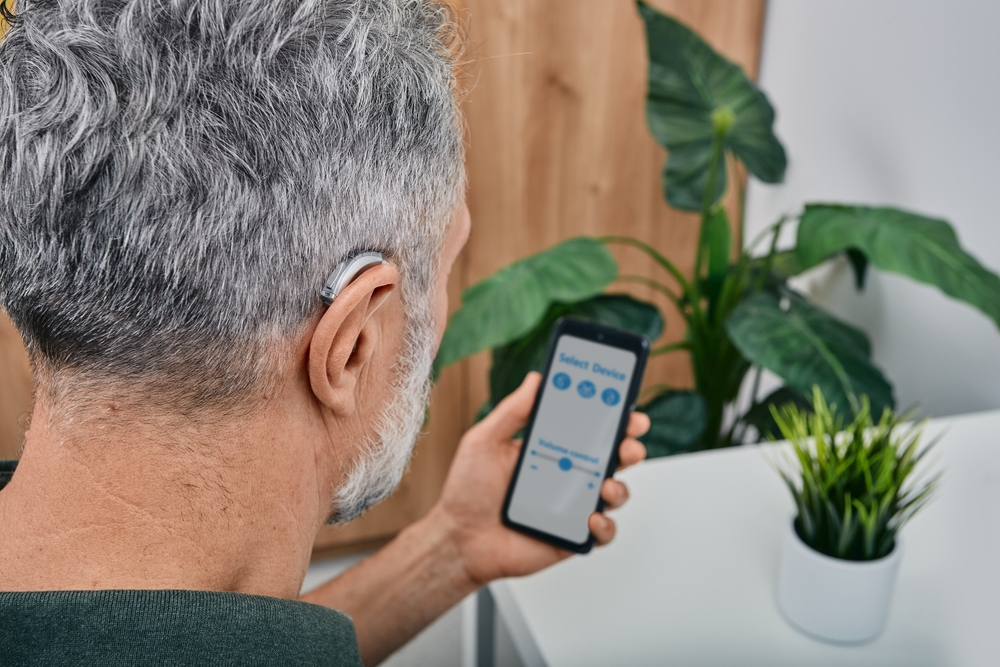
Socializing with family and friends and interacting with co-workers can be negatively impacted by even mild hearing loss, and this also includes everyday activities like shopping. But transformative changes can be brought about by the use of properly tuned hearing aids.
Ten reasons why you should think about hearing aids
Although improving hearing is the evident and primary benefit of hearing aids, their positive impact goes far beyond that. The following will thoroughly outline those advantages.
Stronger relationships through better communication
Personal relationships rely on the ability to clearly communicate. Relationships can be tense when hearing loss leads to missed communication. Hearing aids allow you to fully participate in conversations, enhancing your ability to connect with others and decreasing feelings of isolation or frustration.
Being more independent
Simple tasks like purchasing groceries or dining out can become difficult with neglected hearing loss, as barriers to communication could arise. Your ability to understand speech and hear in a variety of settings will be strengthened by hearing aids, allowing you to navigate these situations more independently. Having a better sense of independence will help you do things that require enhanced situational awareness such as driving, for instance.
Possibility of earning more
In professional settings, effective communication is critical. Your job efficiency and career advancement can be diminished by untreated hearing loss which can impact how you participate in meetings and other work-related gatherings. You can boost your productivity, which can, in turn, bring about career opportunities, by using hearing aids to stay more alert and engaged.
Discomfort from tinnitus can be decreased
Hearing loss is frequently accompanied by tinnitus symptoms or ringing in the ears. Hearing aids can offer relief from tinnitus for some individuals by masking symptoms.
Cognitive decline can be mitigated
A link between mental decline and dementia, and hearing loss has been indicated by the results of some research. It’s possible that utilizing hearing aids to manage neglected hearing loss can decrease the chance of cognitive impairment and help sustain the overall health of the brain.
The ability to enjoy music
Hearing loss can alter the perception of music, making it less pleasurable. Hearing aids replenish the fullness and depth of musical sounds by compensating for frequency gaps, allowing you to rediscover the excitement of listening to your favorite songs.
Increased confidence
Whether you’re in a social or professional setting, being able to hear better will give you more confidence. With increased communication abilities, you’ll feel more self-assured and competent, improving your general quality of life.
Having more energy
Neglected hearing loss forces the brain to work extremely hard to fill in missing sound which can be mentally exhausting. Hearing aids decrease this strain, giving you mental relief and allowing you to enjoy activities without feeling continuously tired.
Increased safety and awareness
Awareness of one’s environment is crucial for safety, whether it’s crossing the street or driving a car. Environmental sounds can be restored by hearing aids, ensuring that your reaction to things like alarms and approaching vehicles is safe and appropriate.
Setting an example that is positive
You will set a positive example for others dealing with hearing loss by embracing hearing aids and demonstrating an approach to health and well-being that is positive. It inspires people around you by revealing a commitment to personal improvement and growth.
Get your hearing tested today
While the main advantage of hearing aids is to enhance auditory perception, the ripple effects on other facets of life are powerful. Hearing aids are a positive step to a better quality of life, whether that means greater independence, better cognitive health, improved relationships, or a combination of these.
Take the first step towards better hearing today by scheduling a hearing assessment with us.
